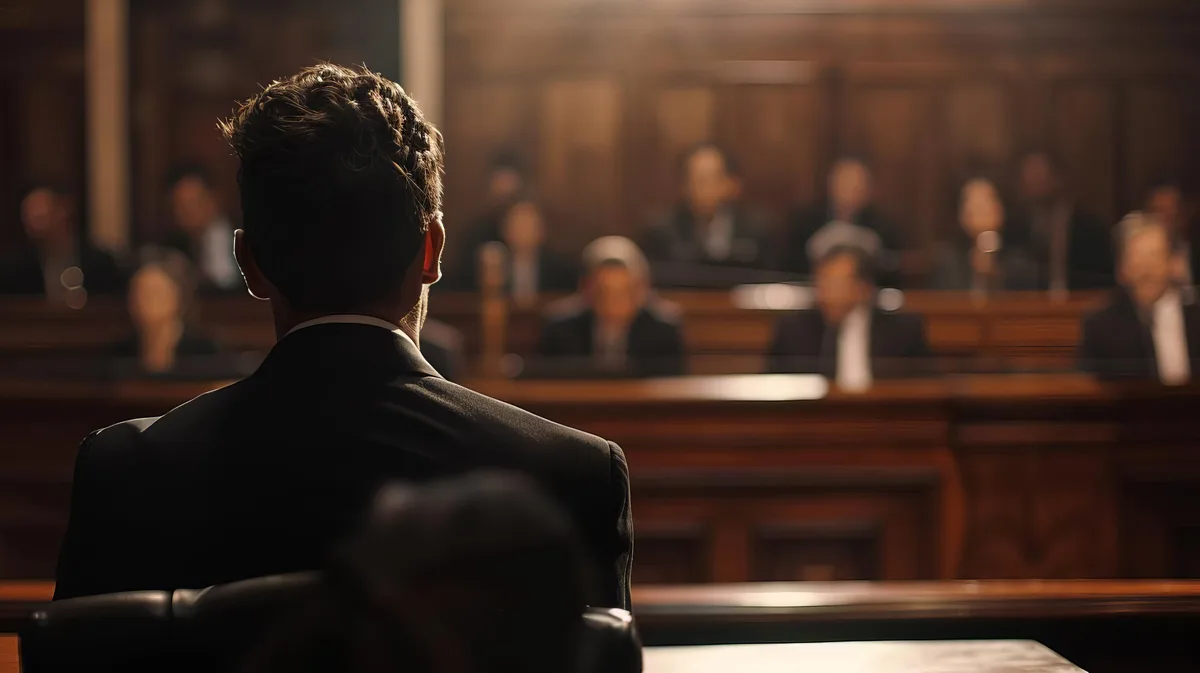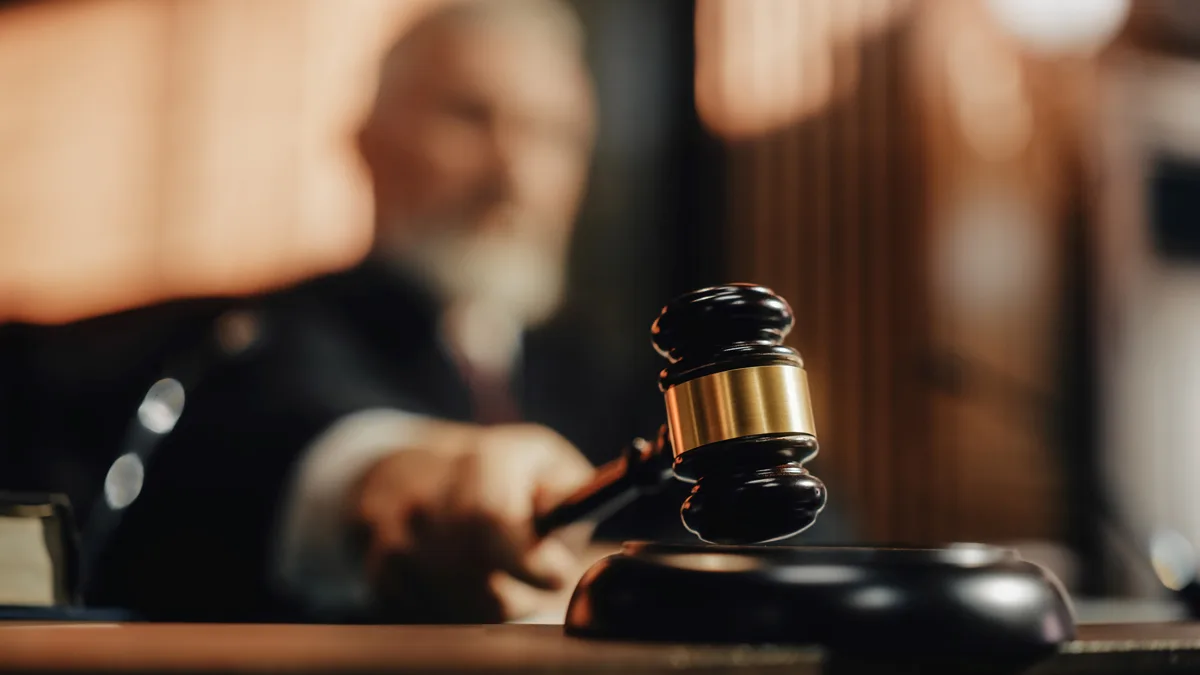5 minute read
Facing criminal charges is one of the most challenging situations anyone can encounter. A trial can be a lengthy, stressful, and expensive process that might result in a conviction, leading to severe penalties such as fines, probation, or imprisonment. However, there are legal strategies that could potentially lead to the charges being dropped before a case reaches trial. These methods vary depending on the case details, but the ultimate goal is to have the prosecution dismiss the charges without going through the courtroom process.
Understanding how the legal system works and what options are available can be vital in getting criminal charges dropped. While success is never guaranteed, this article explores key strategies that could increase the chances of dismissal before a case proceeds to trial.
The Role of Prosecutors in Dropping Charges
The decision to drop criminal charges lies mainly with the prosecutor. They have the discretion to decide whether to move forward with a case or dismiss it entirely. In California, as in other states, prosecutors may choose to drop charges if they believe there is insufficient evidence, witness credibility issues, or other mitigating factors that weaken their case. It is important to note that prosecutors are less likely to drop charges on their own, so knowing how to challenge the case early on is crucial for any defense.
For instance, an individual facing assault charges in Los Angeles might have grounds to argue that the charges should be dropped if there are issues with the evidence or the victim’s credibility. In such cases, having an experienced defense attorney can significantly increase the chances of a successful dismissal.
Common Reasons Charges Are Dropped Before Trial
There are several reasons why criminal charges may be dropped before a trial begins. While each case is unique, common factors that lead to a dismissal include:
1. Lack of Evidence
The prosecution must prove beyond a reasonable doubt that the defendant committed the alleged crime. If the evidence is weak or insufficient, the prosecutor may decide that pursuing the case is not worth the effort. Without concrete evidence, it becomes nearly impossible to meet the high burden of proof required for a conviction.
In many criminal cases, including drug possession, theft, or assault, the absence of reliable evidence can be a significant factor in the dismissal of charges. If a defense attorney can demonstrate that the available evidence does not conclusively point to the defendant’s guilt, the prosecutor might decide to drop the case altogether.
2. Improper Conduct by Law Enforcement
If the police made mistakes during the arrest or investigation, these errors could provide grounds to have the charges dismissed. Some common examples include:
- Illegal searches and seizures. If the police obtained evidence without following proper legal procedures, it may be considered inadmissible in court.
- Lack of probable cause. Law enforcement must have probable cause to arrest someone. If it can be shown that the arrest was made without sufficient cause, the charges may be dropped.
- Coerced confessions. If a confession was obtained through force, threats, or deception, it may be thrown out, weakening the prosecution’s case.
Defense attorneys will often scrutinize police reports, witness statements, and any other evidence to determine if law enforcement acted improperly. If they uncover misconduct, it could result in the charges being dropped before trial.
3. Key Witnesses Refusing to Testify
In some criminal cases, the prosecution relies heavily on witness testimony to prove their case. If key witnesses decide not to testify, recant their statements, or are deemed unreliable, the prosecution’s case may fall apart. Without credible testimony, it becomes significantly harder to prove the defendant’s guilt, which may lead to the charges being dropped.
This can occur in cases involving domestic violence, assault, or other crimes where the victim’s testimony is crucial. For example, if a person facing assault charges has a case where the alleged victim refuses to testify or admits that the assault did not occur, the prosecutor may not have enough evidence to proceed, resulting in the charges being dropped.
4. Violation of Constitutional Rights
Every individual has certain rights under the U.S. Constitution, such as the right to a fair trial, protection against self-incrimination, and the right to legal counsel. If any of these rights are violated during the arrest or investigation, the charges might be dismissed.
For example, if a defendant was not informed of their Miranda rights, any statements made to the police might be inadmissible in court. Similarly, if the right to a speedy trial is violated, the charges could be dropped due to unnecessary delays. Defense attorneys often argue constitutional violations to challenge the legitimacy of the charges.
Conclusion
Getting criminal charges dropped before trial is possible, but it requires a comprehensive understanding of the legal system and a well-planned defense strategy. While there is no guarantee that charges will be dismissed, understanding the legal strategies available and taking swift action can significantly improve the chances of avoiding a lengthy and costly trial.






